Articles related to
Researching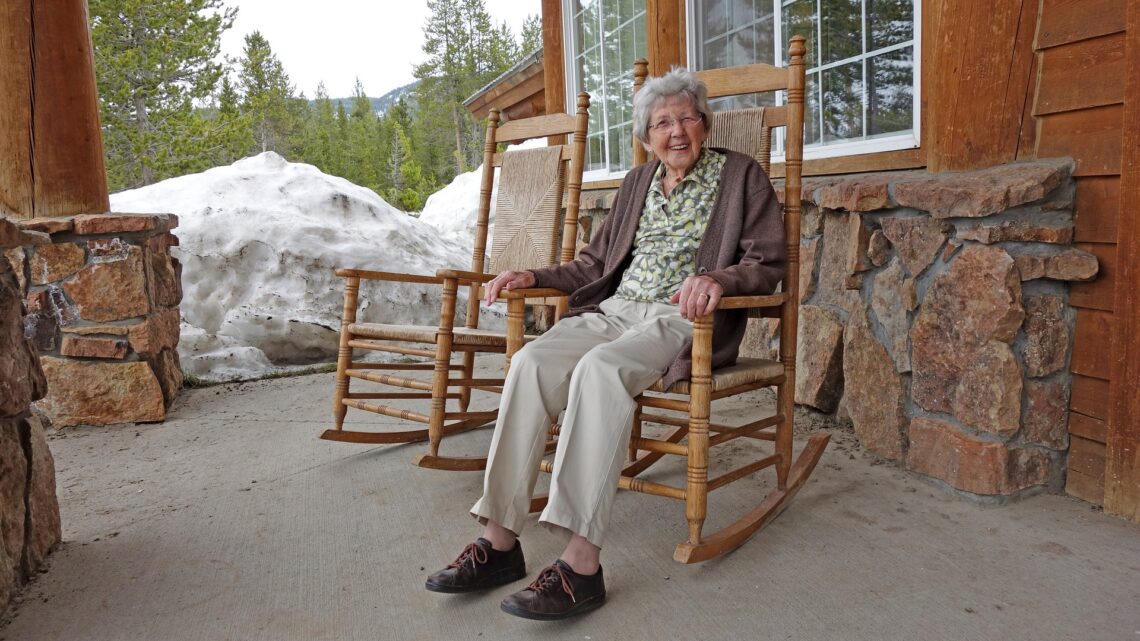
What is Post Discharge Care
Post discharge care can help your loved one to stay safe and comfortable as they recuperate and rebuild strength, so that they can regain confidence and independence. Discharge from Hospital Being discharged from hospital is a positive step, but…

Arranging Summer Holiday Care
Arranging care for a loved one while you go on holiday, can make a huge difference to your ability to relax, and their confidence and independence. Arranging time off for yourself If you provide care for a loved one, it…
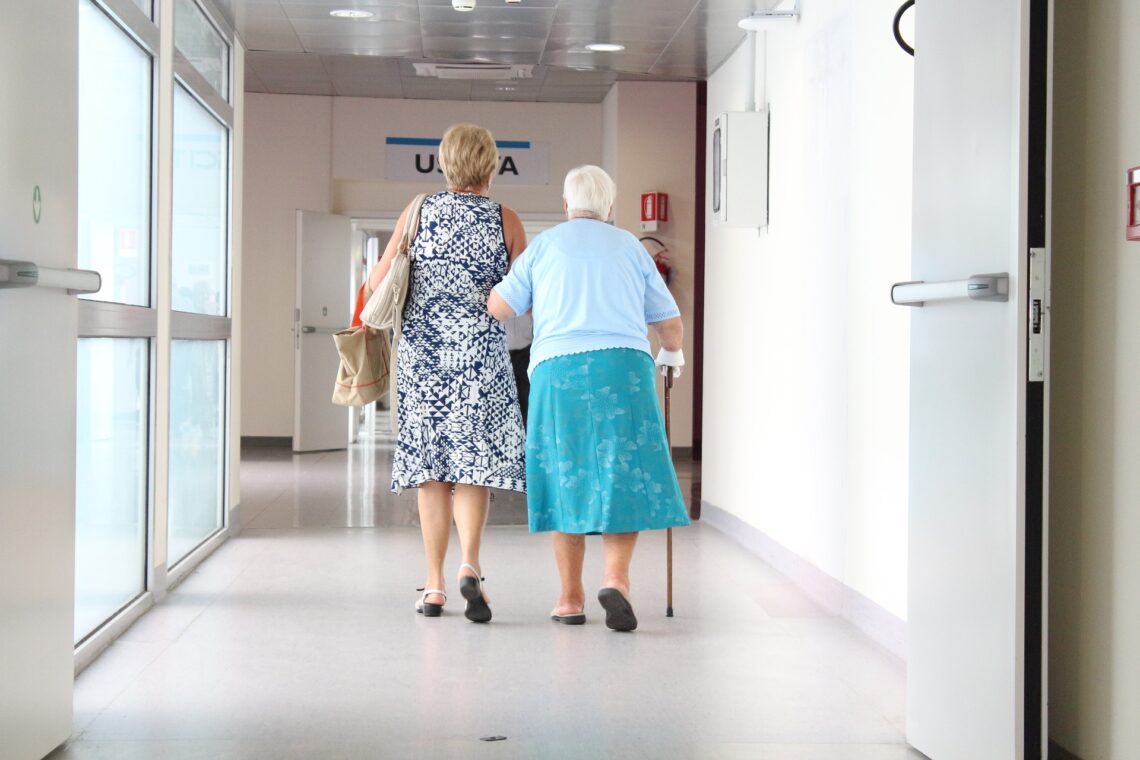
What is Postoperative Care?
Postoperative care can improve rehabilitation and allow your loved one to live safely as they heal and regain their independence. What is postoperative care? An operation can help to combat disease, decrease pain and improve health and wellbeing. However,…
Would you like to know more about Hometouch's high quality live-in care service?
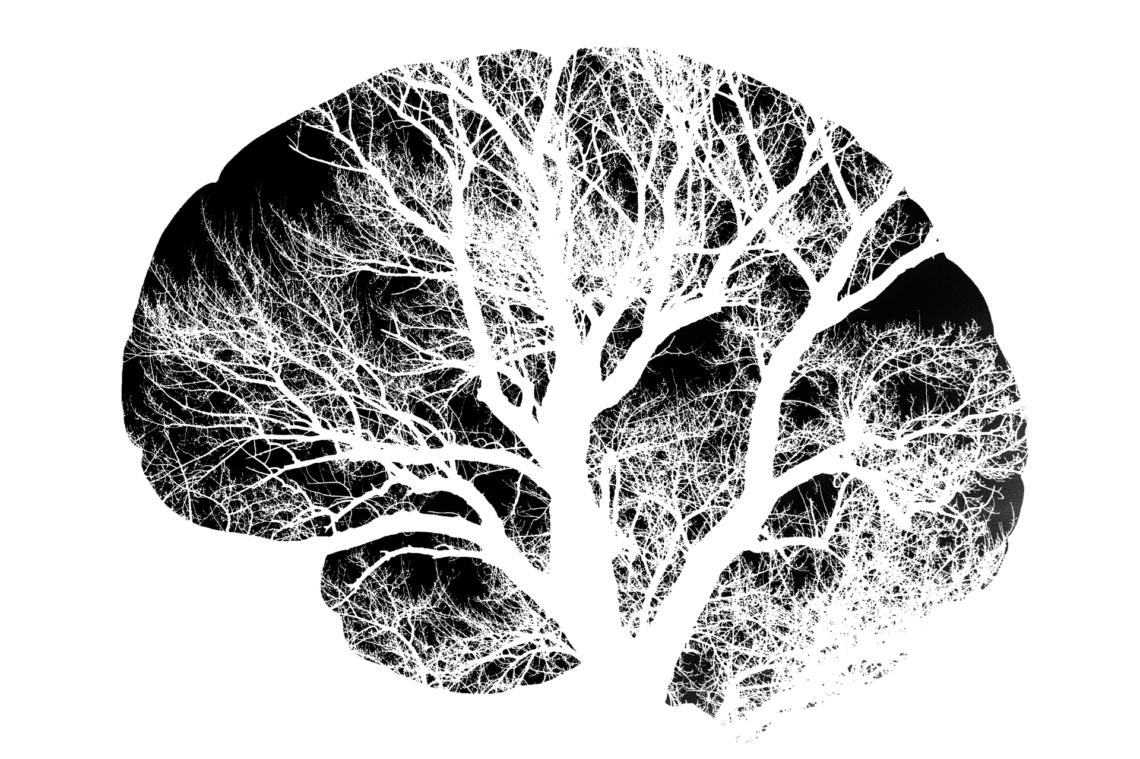
Parkinson’s Disease: A Deeper Dive
Parkinson’s: A Deeper Dive Parkinson’s: A Deeper Dive, provides an overview of the disease, with scientific and medical expressions explained in simple terms. Parkinson’s disease is a progressive neurological disorder. This means that brain function will become more and more…
Speak to one of our knowledgeable care advisers about Hometouch’s high quality live-in care service
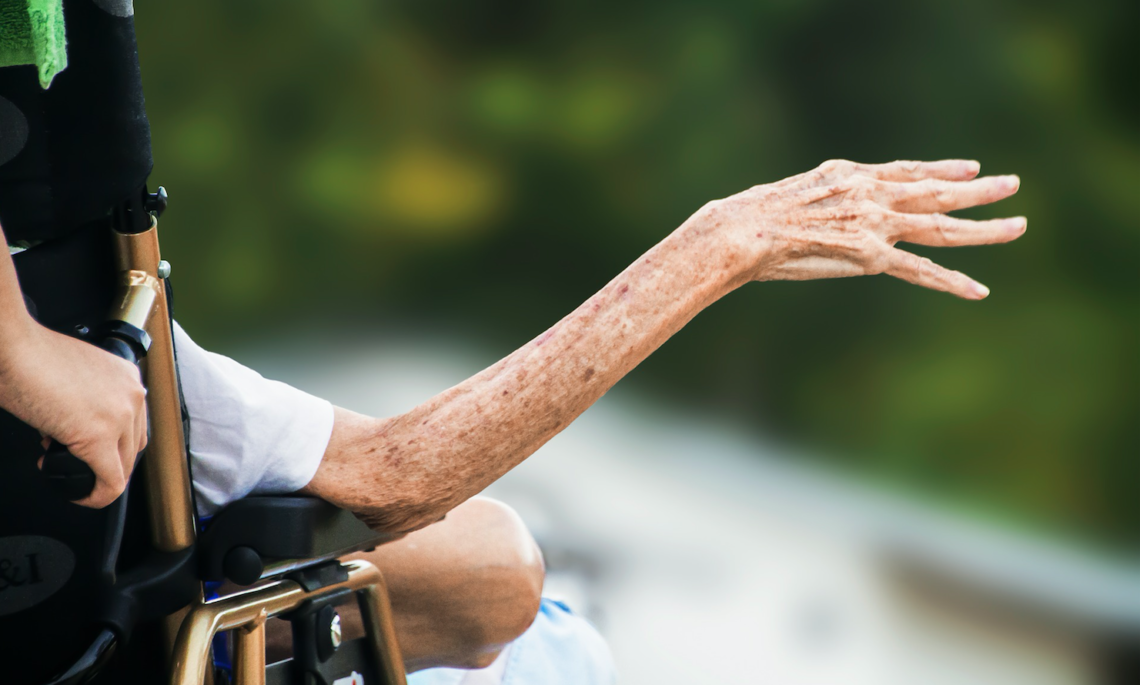
What is Disability Care?
Disability care at home is simply practical help with anything from everyday tasks like housework and bathing, to assistance with complex needs. Specially trained disability carers can be employed to come into the home and lend a hand. Good…
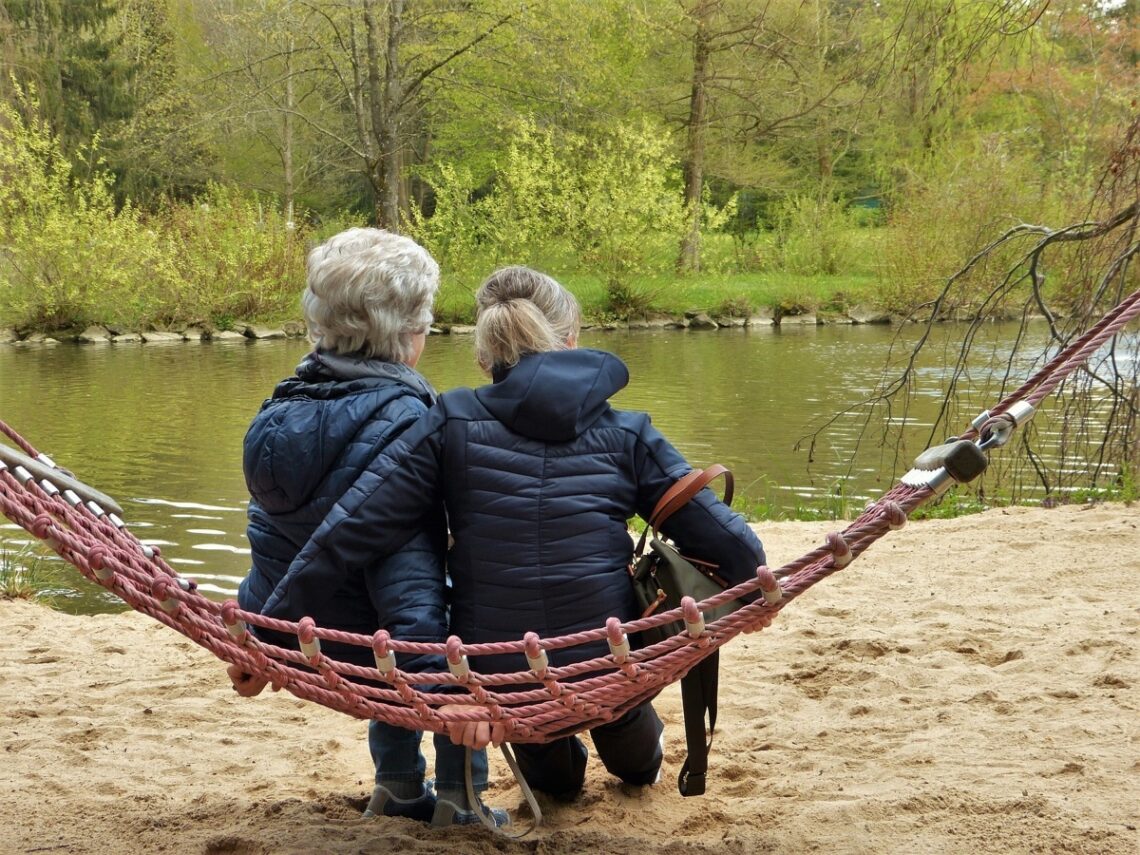
How Do I Tell My Elderly Parent They Need Help?
Telling your elderly parent that they need help can be difficult, so we’ve put together a list of suggestions that might help with the conversation. How do I tell my elderly parent they need help? It’s rare for a person…

What Elderly Care is Right For Me?
The first question you will ask yourself, when faced with the task of finding care for an elderly loved one, is: “What elderly care is right for me?” There are a lot of options, and the most common are live-in…
Changes in Behaviour that Require Specialist Live in Care
Self-neglect, accidents around the house, trouble keeping up with medications, and withdrawal and isolation could all be indicators that your loved one needs specialist live in care. Changes in behaviour that require specialist live in care When someone starts to develop dementia, their deterioration in function can be gradual. Too often, mishaps, memory lapses and near-misses can be explained away as natural and normal effects of ageing, but there can come a time when it is no longer safe to live alone. So, when you start to notice these signs in excess, it could be a time to find a specialist live in care. So how can you tell when someone you love needs live-in care? You may have known and relied on your loved one for many years, so the idea that they could be unsafe living alone can be difficult to contemplate. However, the increasing memory loss and…
The early signs of dementia
The early signs of dementia include forgetfulness, misplacing of objects, struggling to find the right words, personality changes, and confusion. We all walk into the kitchen and forget what we came for, or misplace our keys every now and then. So, what is normal forgetfulness and what could indicate that there may be a problem? Dementia is the term for a set of symptoms that include memory lapses, difficulties thinking and solving problems, impaired communication and behavioural changes. The early signs of dementia can often be subtle to begin with, but they may gradually escalate until they can affect every aspect of daily life. Dementia can affect different people in different ways, each individual is unique. However, there are some key signs to look out for: Memory loss Forgetfulness is often a significant early sign. Dementia tends to affect short-term memory more than reminiscences from the past. So, an individual…

Is Live-in Care Right For Me?
Signs that live-in care is right for you to include unsteadiness and falls, disturbances during the night and near-miss accidents. Dementia, disease and disability can all make it difficult to live safely at home. But how can you tell when…
Apply for live-in care jobs
Hometouch has been one of the best companies I have worked for in the care sector! I have always been told I’m appreciated and been made to feel like it too. I’m so happy to be a part of the Hometouch team
Shaheen

£750 - £900 per week. Double bank holiday pay
You choose your own clients
Clinical support
Free training, webinars and supervision